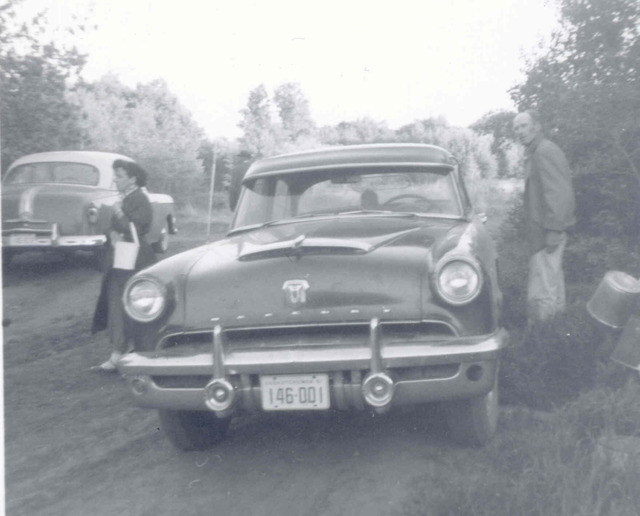rusty6
Well-known Member
- Location
- East central Sask.
We had some spring like conditions this week with a high temp of 42F yesterday. That kind of weather I can work in the shop without heat and even take my mitts off for the small stuff. I've burnt up a fair bit of wire learning how to use this Lincoln wire welder I got a year ago. Patching the rusty floor in the 52 Mercury. I'm using re-cycled steel for this purpose. Old baler and combine shields. So if I mess it up too bad at least its not the expensive steel patch panels that are available to fit the car. Maybe some day but for now these patches will strengthen the floor and never be seen under the mats or carpet I'll cover them with.

Merc Floor Patching

Merc Floor Patching

